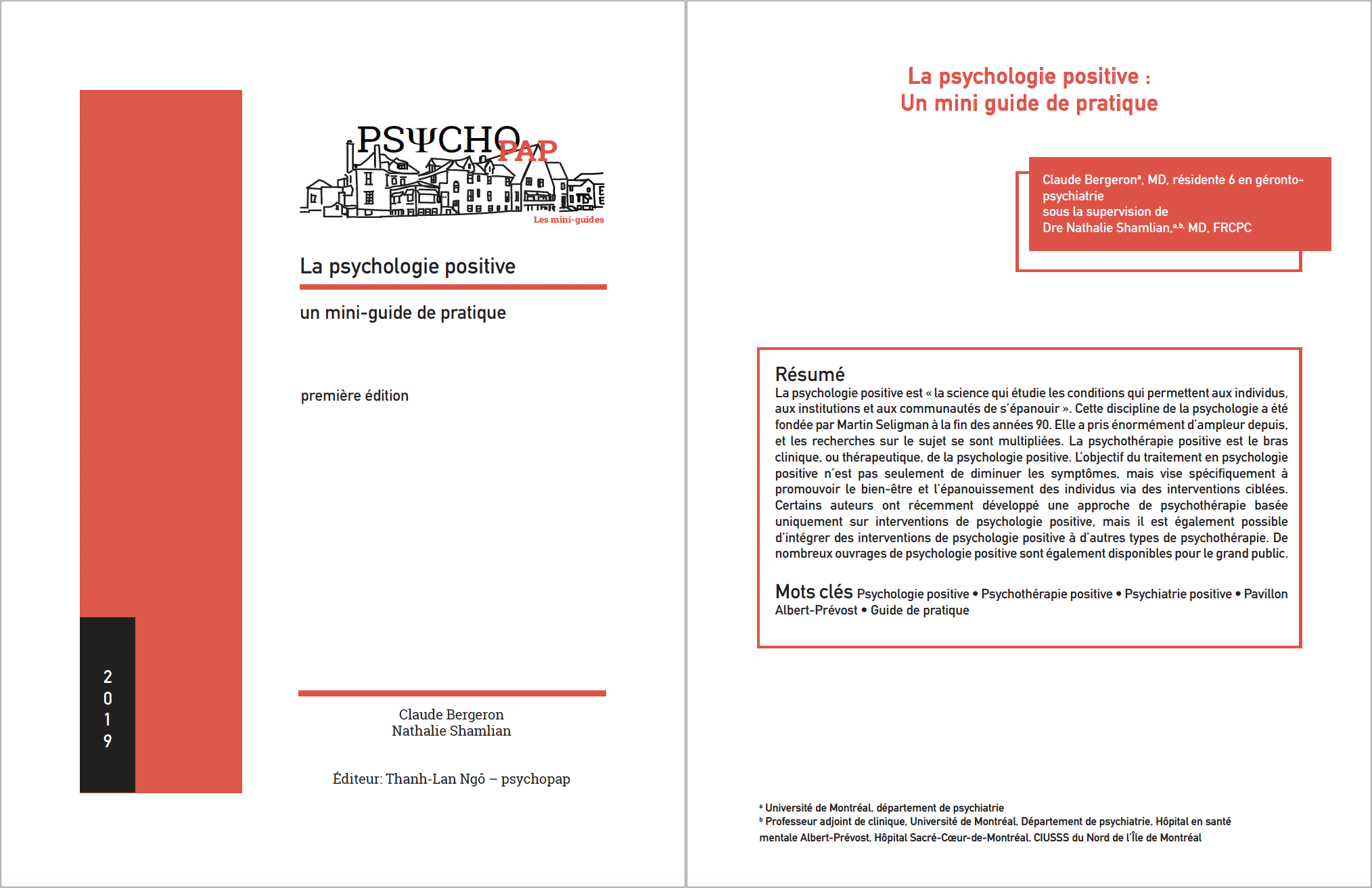The Covid-19 epidemic has created unprecedented challenges for healthcare professionals. They have faced a significant increase in mental health issues, particularly anxiety, depressive symptoms, and sleep disorders, exacerbated by the pressure of their responsibilities in the face of the crisis. A study revealed that nearly 50% of caregivers reported their general health as having deteriorated compared to the pre-pandemic period. The psychological consequences of this time have highlighted social inequalities in mental health, emphasizing the need to support healthcare personnel in managing stress and burnout.

The consequences of the Covid-19 pandemic on the mental health of caregivers have proven alarming. Indeed, this global health crisis has intensified the challenges these professionals already face, highlighting the importance of mental health in the medical field. With additional working hours and increased pressure, caregivers have had to constantly face a stressful environment.
At the heart of the crisis, the psychological toll has been significant. Caregivers had to manage the fear of the virus for themselves and their loved ones, all while caring for patients who were often seriously ill. This dual pressure has contributed to an increase in anxiety disorders, sleep disturbances, and a greater vulnerability to post-traumatic stress. Studies show that nearly 50% of caregivers feel their general health has worsened during this period, illustrating the depth of the mental crisis in the medical setting.
Traumatic events related to contagion, the loss of patients, and the helplessness felt in certain situations have also played a non-negligible role. Exponential rates of burnout have been reported in hospitals and clinics. Caregivers, already facing a demanding environment, found themselves in a spiral of overwork. This psychological suffering has been exacerbated by difficult working conditions, including workload overload, irregular hours, and, for some, prolonged periods of working in isolation.
For thousands of caregivers, work has thus become a source of stress rather than a space for recognition. This phenomenon has generated a growing stigma around mental health in the medical field, making it difficult for some to express their emotions or seek help. A report from the CII highlights that nurses have been particularly affected and feel an increased presence of stress and aggression. This reality underscores the need to better support these professionals in the face of future crises.
The pandemic has also highlighted social inequalities in the mental health of caregivers. Working conditions, available resources, and institutional support vary greatly from one facility to another. As a result, the level of stress and psychological well-being differs significantly among caregivers depending on their professional environment. Those working in high-case intensity areas have experienced greater stress than those in less-demanding settings.
In light of this bitter reality, solutions are starting to emerge. Telemedicine offers new perspectives for the mental health management of caregivers. More and more studies highlight the benefits of teleconsultation in facilitating access to mental health services without imposing additional constraints. Technology is thus called upon to reduce barriers related to isolation while allowing for rapid and effective care.
Digital therapies are also gaining traction to help manage stress and anxiety. These technological innovations provide access to online psychological resources, making mental health care more accessible and suited to caregivers’ constraints. By combining stress management techniques and psychological support, these digital tools aim to improve the well-being of healthcare professionals during or after a crisis.
Moreover, the need for burnout prevention programs is becoming essential. These initiatives should target concrete mechanisms that allow caregivers to manage their workload while protecting their mental health. Beyond temporary measures, it is crucial to build a care culture that values not only professional competence but also the psychological well-being of caregivers.
Finally, evaluation and research on the impact of the pandemic on caregivers must be strengthened. It is crucial to document all these experiences to build an adaptable healthcare system and anticipate future crises. By acknowledging this inner suffering, the medical community can bring about real change both in practices and mental health policies.
In summary, the Covid-19 pandemic has highlighted the crucial importance of mental health for caregivers, amplifying the challenges they faced. Recognizing this reality is a necessary step toward improving their working conditions and establishing appropriate support structures. There are promising initiatives, but collective commitment is required to transform the medical environment into a truly healthy space for all caregivers.
For more information on new approaches and support options, you can consult the resources available at the following address: Global Santé.

The Covid-19 pandemic has had significant repercussions on the mental health of caregivers. These healthcare professionals, on the front lines of the health crisis, have experienced intense stress, sleep disorders, and increased feelings of anxiety and depression. The psychological impact of this critical period deserves particular attention to implement effective strategies to support these particularly strained workers.
Increased stress and anxiety
The pressure of caring for patients with Covid-19 has led to a considerable increase in the levels of stress among caregivers. Many of them have to juggle increased workloads, insecurity regarding the supply of personal protective equipment, and the fear of transmitting the virus to their loved ones. The consequences of this stress can manifest as anxious symptoms, ranging from irritability to panic attacks, thus reinforcing the need to measure and mitigate these effects.
Deterioration of psychological health
Studies show that nearly 50% of caregivers feel that their mental health has been negatively impacted by the Covid-19 crisis. The severity of feelings of depression and anxiety has been amplified by the traumatic events experienced during this period, particularly the loss of patients, the difficulty in providing optimal care, and the constant demand. These factors prompt a push for psychological support initiatives to help caregivers manage these challenges.
Impact on physical health
Prolonged stress does not only affect the mental health of caregivers but also their physical health. Many of them report a significant increase in sleep disturbances, such as insomnia, and issues related to an unbalanced diet, often caused by unpredictable work schedules. Awareness of the importance of balancing professional and personal life becomes essential to prevent burnout and physical health issues.
Prevention and intervention
In light of this concerning situation, it is imperative to establish adapted prevention programs to support caregivers. This may include training on stress management, debriefing sessions, and observation teams capable of identifying burnout symptoms. Telemedicine and remote mental health services can also play a crucial role in providing access to quick and less stigmatizing consultations.
Proposals for organizational support
Institutions must also implement clear policies to reduce psychosocial risks at work. This includes establishing regular meetings to assess team well-being, integrating creative breaks into the workday, and allowing for the adaptation of work hours based on the needs of caregivers. By ensuring a supportive environment, not only is the well-being of caregivers optimized, but their professional performance is also enhanced.












